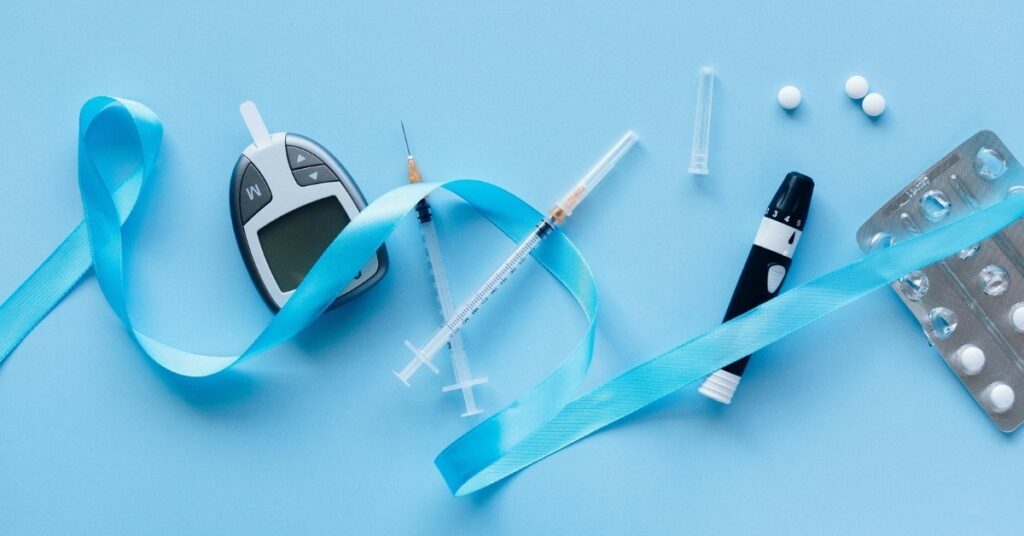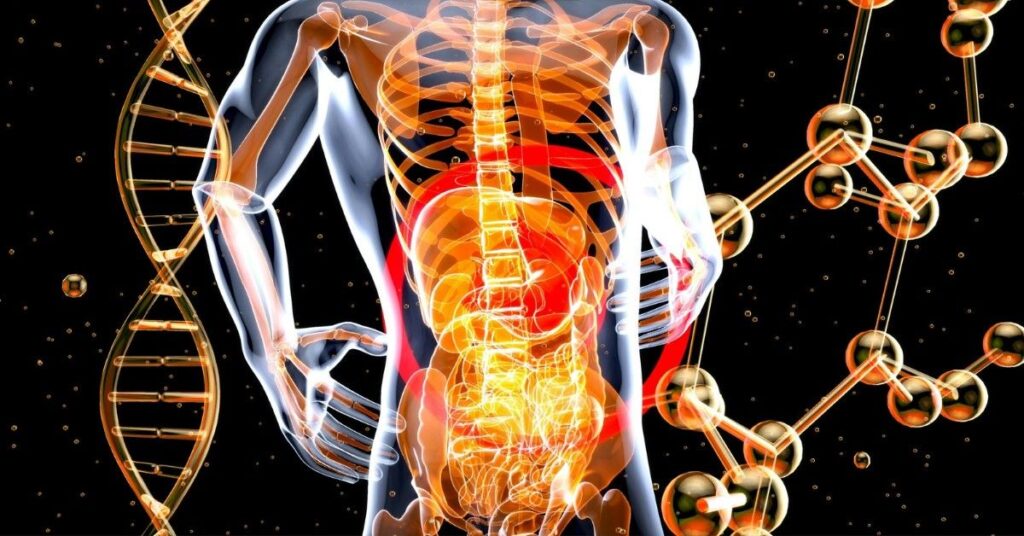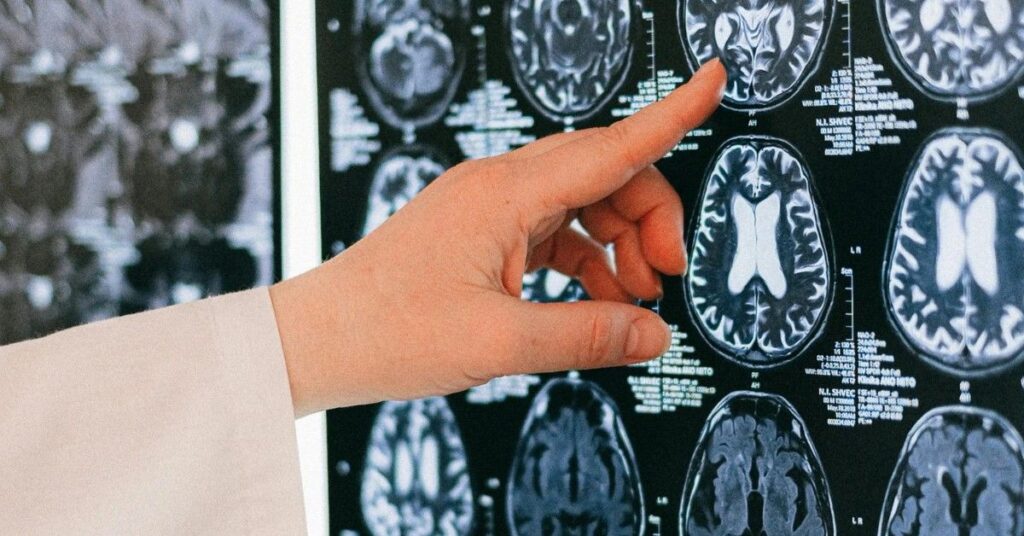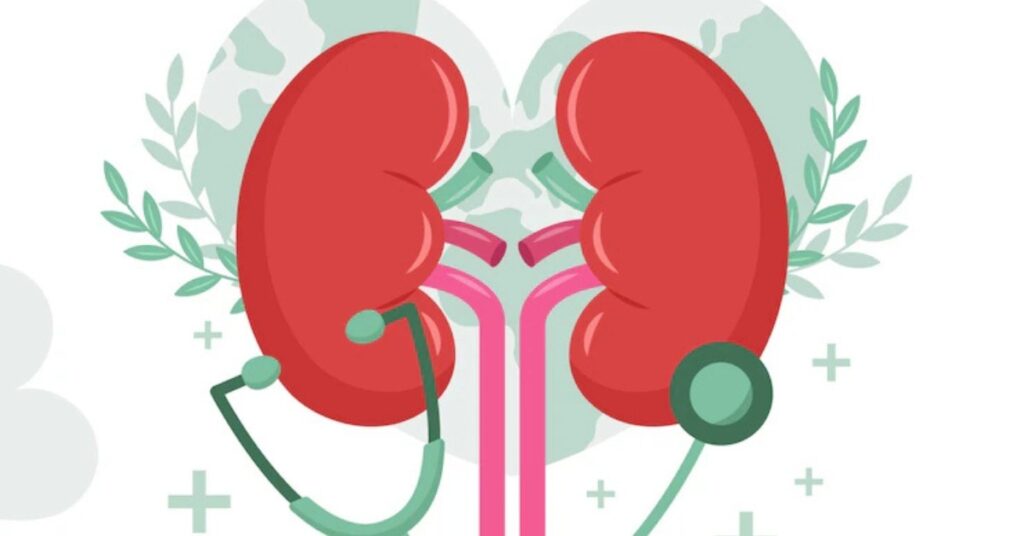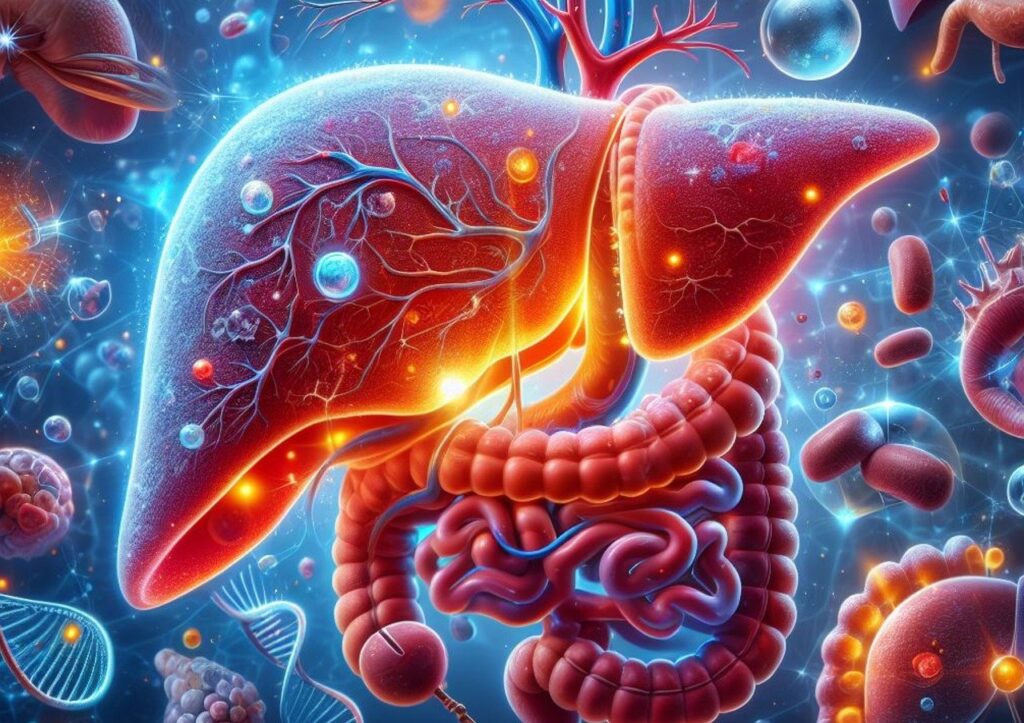
Today, the global community observes World Liver Day 2025, a global initiative aimed at highlighting the importance of liver health and promoting preventive measures against liver diseases. This year’s theme, “Food is Medicine,” emphasizes the significant impact of dietary choices on liver function and overall well-being.
The Liver: The Body’s Multifunctional Powerhouse
The liver is a vital organ responsible for numerous essential functions that sustain life. It plays a central role in detoxifying harmful substances, metabolizing nutrients, regulating blood sugar levels, and producing bile to aid digestion. Additionally, the liver is involved in protein synthesis, cholesterol production, and the storage of vitamins and minerals. Its ability to perform these diverse tasks underscores its importance in maintaining overall health.
The Significance of World Liver Day
World Liver Day serves as a reminder of the growing prevalence of liver diseases worldwide. Conditions such as Metabolic Dysfunction-Associated Steatotic Liver Disease (MASLD), formerly known as Non-Alcoholic Fatty Liver Disease (NAFLD), are on the rise due to sedentary lifestyles and unhealthy dietary habits. MASLD is closely linked to obesity, type 2 diabetes, and high cholesterol levels. Alarmingly, it often remains asymptomatic in its early stages but can progress to severe liver damage if left unaddressed.
“Food is Medicine”: The 2025 Theme
The 2025 theme, “Food is Medicine,” highlights the transformative power of nutrition in liver health. A balanced diet rich in whole foods—fruits, vegetables, whole grains, lean proteins, and healthy fats—can prevent liver diseases and even reverse early-stage liver damage. This approach aligns with the growing recognition that lifestyle modifications are pivotal in managing and preventing chronic diseases.
Foods For Liver Health
The liver plays a vital role in detoxifying the body, metabolizing nutrients, and regulating various bodily functions. Incorporating specific foods into your diet can enhance liver function and prevent liver-related ailments.
1. Coffee
Research suggests that regular consumption of coffee has been linked to a reduced risk of liver diseases. Coffee contains antioxidants that may protect the liver by reducing inflammation and increasing levels of protective enzymes.
2. Green Tea
Rich in catechins, green tea offers antioxidant properties that may improve liver enzyme levels and reduce oxidative stress. Moderate consumption is recommended, as excessive intake, especially in supplement form, may have adverse effects.
3. Cruciferous Vegetables
Vegetables like broccoli, Brussels sprouts, and kale are high in fiber and antioxidants. They support liver detoxification processes and may help protect against liver damage.
4. Berries
Blueberries and cranberries are rich in antioxidants, which can protect the liver from damage and may improve immune response.
5. Grapefruit
Grapefruit contains antioxidants such as naringenin and naringin, which may help protect the liver by reducing inflammation and protecting cells.
6. Fatty Fish
Salmon, mackerel, and sardines are rich in omega-3 fatty acids, which help reduce liver fat and inflammation.
7. Beetroot
Beetroot is high in antioxidants and nutrients like folate, pectin, and betalains, which may help reduce oxidative damage and inflammation in the liver.
8. Garlic
Garlic contains compounds that may activate liver enzymes responsible for flushing out toxins. It also has antioxidant and anti-inflammatory properties.
9. Nuts
Nuts, especially almonds and walnuts, are good sources of healthy fats, antioxidants, and vitamin E, which may help protect the liver from inflammation.
10. Olive Oil
Olive oil is a healthy fat that has been shown to reduce fat accumulation in the liver and improve liver enzyme levels.
11. Whole Grains
Whole grains like oats and brown rice are high in fiber, which aids in digestion and may help reduce liver fat.
12. Avocados
Avocados are rich in healthy fats and antioxidants, which may help reduce liver damage and support overall liver health.
Foods to Limit or Avoid
To maintain optimal liver health, it’s essential to limit or avoid certain foods:
- Processed Foods: High in trans fats, sugars, and additives that can burden the liver.
- Alcohol: Excessive consumption can lead to liver inflammation and scarring.
- Sugary Beverages: Soft drinks and sweetened juices contribute to fat accumulation in the liver.
- Red and Processed Meats: High in saturated fats and cholesterol, which can exacerbate liver conditions.
Lifestyle Tips for Liver Wellness
Beyond diet, adopting healthy lifestyle habits can further support liver health:
- Regular Exercise: Engaging in physical activity helps maintain a healthy weight and reduces liver fat.
- Hydration: Drinking ample water aids in flushing out toxins.
- Avoiding Toxins: Limiting exposure to environmental toxins and chemicals can reduce liver strain.
- Regular Health Check-ups: Early detection through routine screenings can prevent the progression of liver diseases.
Global Initiatives and Awareness
World Liver Day is supported by various global organizations, including the European Association for the Study of the Liver (EASL), the American Association for the Study of Liver Diseases (AASLD), and the Asia-Pacific Association for the Study of the Liver (APASL). These organizations collaborate to promote liver health through research, education, and public awareness campaigns.
In India, healthcare institutions and non-profit organizations are conducting seminars, health camps, and awareness drives to educate the public about liver health and the importance of nutrition.
Conclusion
As we observe World Liver Day on April 19, 2025, under the theme “Food is Medicine,” it’s an opportune moment to reflect on the liver’s indispensable role in our overall health. The liver, responsible for over 500 vital functions—including detoxification, metabolism, and nutrient processing—is central to our well-being.
This year’s theme underscores the profound impact of nutrition on liver health. Adopting a balanced diet rich in whole foods—such as fruits, vegetables, whole grains, lean proteins, and healthy fats—can significantly reduce the risk of liver diseases, including metabolic dysfunction-associated steatotic liver disease (MASLD). Even modest lifestyle changes, like losing 5–10% of body weight, can lead to substantial improvements in liver function and overall health.
On this World Liver Day, let’s commit to making informed dietary choices, supporting initiatives that promote food accessibility, and fostering a culture that values liver health. By embracing the principle that “Food is Medicine,” we can take proactive steps toward a healthier future for ourselves and our communities.
Disclaimer: The information provided here is intended for general knowledge and should not replace professional medical consultation. Please seek advice from your healthcare provider for personalized medical guidance.

